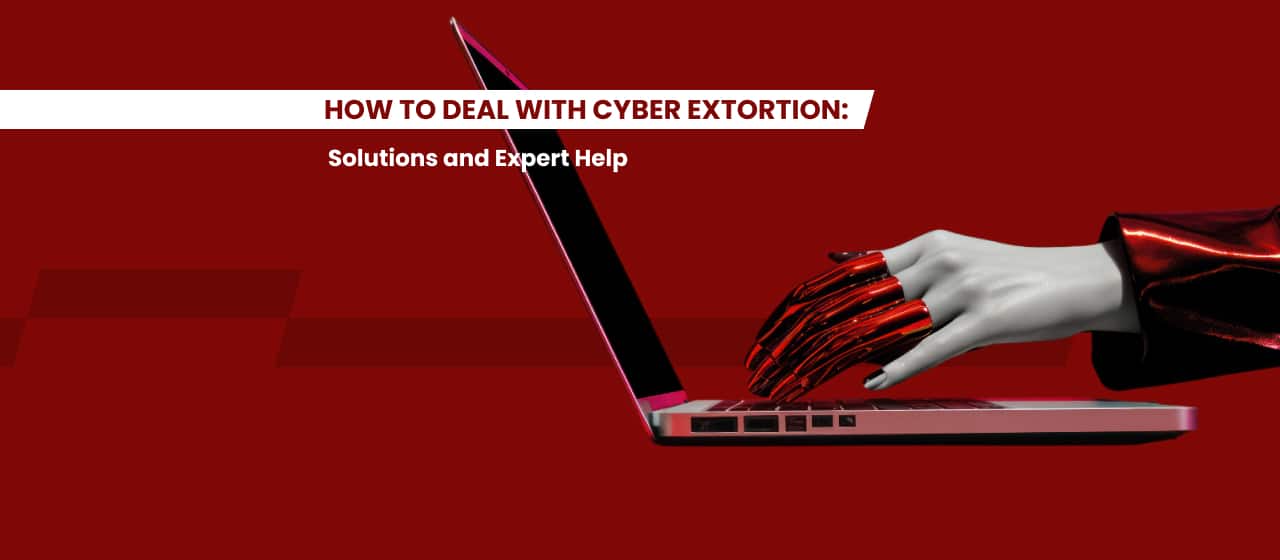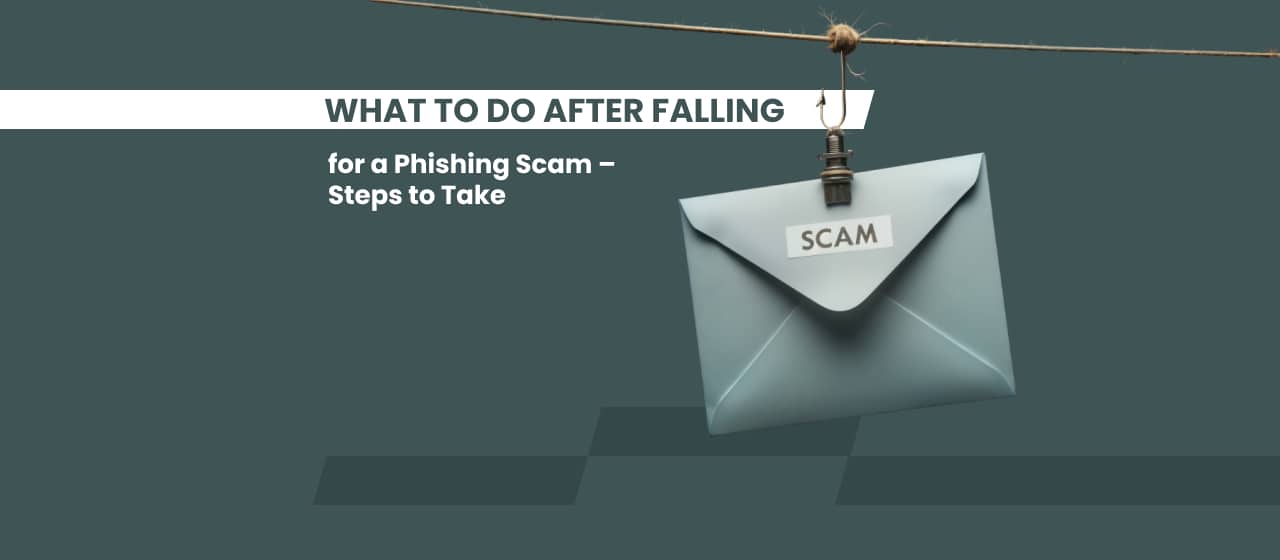Blackmail is a serious crime that involves threatening an individual or business to divulge confidential or sensitive information or to perform a specific act in exchange for money or other favors. The offense can result in severe legal and social consequences for the perpetrator. But is blackmail a crime in Pennsylvania? In this blog post, we will explore the legal implications of blackmail in Pennsylvania and the penalties for those who commit it.
Is blackmail a crime in Pennsylvania?
Under Pennsylvania law, blackmail is classified as an extortion offense, which is defined as the act of using intimidation, force, or threats to coerce someone into doing something against their will or to prevent them from doing something that they have a legal right to do. Extortion involves the use of force or fear to obtain something of value from a person, such as money, property, or services. If a person threatens to expose embarrassing, incriminating, or damning information about another person unless they pay a sum of money, that person can be charged with blackmail.
Blackmail laws in Pennsylvania
Under Pennsylvania law, specifically the Pennsylvania Consolidated Statutes or 18 Pa. Cons. Stat. section 3923 et. seq., the offense of blackmail is classified as extortion. Extortion is considered a felony and can result in a prison sentence of up to 7 years, along with a maximum fine of $15,000. However, if the victim is 60 years of age or older, the charge is elevated to a second-degree felony, which carries a potential prison term of up to 10 years and a maximum fine of $25,000.
In the state of Pennsylvania, extortion is categorized as a theft-related crime. An individual is guilty of theft by extortion if they intentionally acquire or withhold someone else’s property by making specific threats as outlined in the statute. These threats include:
1. Committing another criminal act.
2. Accusing someone of committing a crime.
3. Revealing a secret that would subject another person to hatred, contempt, or ridicule.
4. Taking or withholding action as a public official or influencing an official to do the same.
5. Initiating or continuing a strike, boycott, or other collective unofficial action unless the property is demanded or received for the supposed benefit of the represented group.
6. Providing or withholding testimony or information regarding another person’s legal claim or defense.
7. Inflicting harm that would not benefit the person making the threat in any way.
For a charge of theft by extortion to stand, it must be proven that the defendant’s actions were threatening at the time of committing the crime and that these actions directly led to the victim surrendering their property.
What to do if you are a victim of a Pennsylvania blackmail?
1. Stay Calm and Keep Records
If you are a victim of Pennsylvania blackmail, the first thing to do is to remain calm. Do not panic or give in to the demands of the blackmailer. Instead, keep records of all the communications you receive from the blackmailer, including phone calls, texts, emails, and letters. This documentation can be helpful in any legal action you may take in the future.
2. Report to Law Enforcement
Blackmail is illegal in Pennsylvania, and it’s essential to report the crime to law enforcement immediately. Contact your local police department or the Pennsylvania State Police and provide them with all the information you have regarding the blackmail attempt. They will investigate the matter and take necessary action against the blackmailer.
3. Seek Legal Help
Being a victim of blackmail can be traumatizing. Seeking legal help can ensure that your rights are protected and that you receive the necessary support. An experienced Pennsylvania lawyer can help you understand your rights and guide you through the legal process. They can also help you obtain a restraining order and file a civil lawsuit against the blackmailer.
4. Take Preventive Measures
To prevent future blackmail attempts, it’s essential to be careful with your personal information. Do not share your sensitive information, including private photos, videos, or confidential documents, with anyone you do not trust. Be vigilant about your social media profiles and limit the personal information you share online.
5. Seek Emotional Support
Dealing with blackmail can be a traumatic experience. It is essential to seek emotional support from your loved ones or a mental health professional. Talking to someone trusted can help you manage the anxiety and stress related to the situation.
Conclusion
Blackmail is undeniably a serious offense in Pennsylvania, carrying severe penalties such as imprisonment and substantial fines. It is crucial for everyone to have an understanding of the state laws that criminalize this immoral behavior and to refrain from any activities that may expose them to legal consequences.
The question of whether blackmail is considered a crime in Pennsylvania can be answered with a resounding “yes!” With this knowledge, it is now up to you to decide what role you want to play in combating the criminalization of blackmail, regardless of your legal standing.







